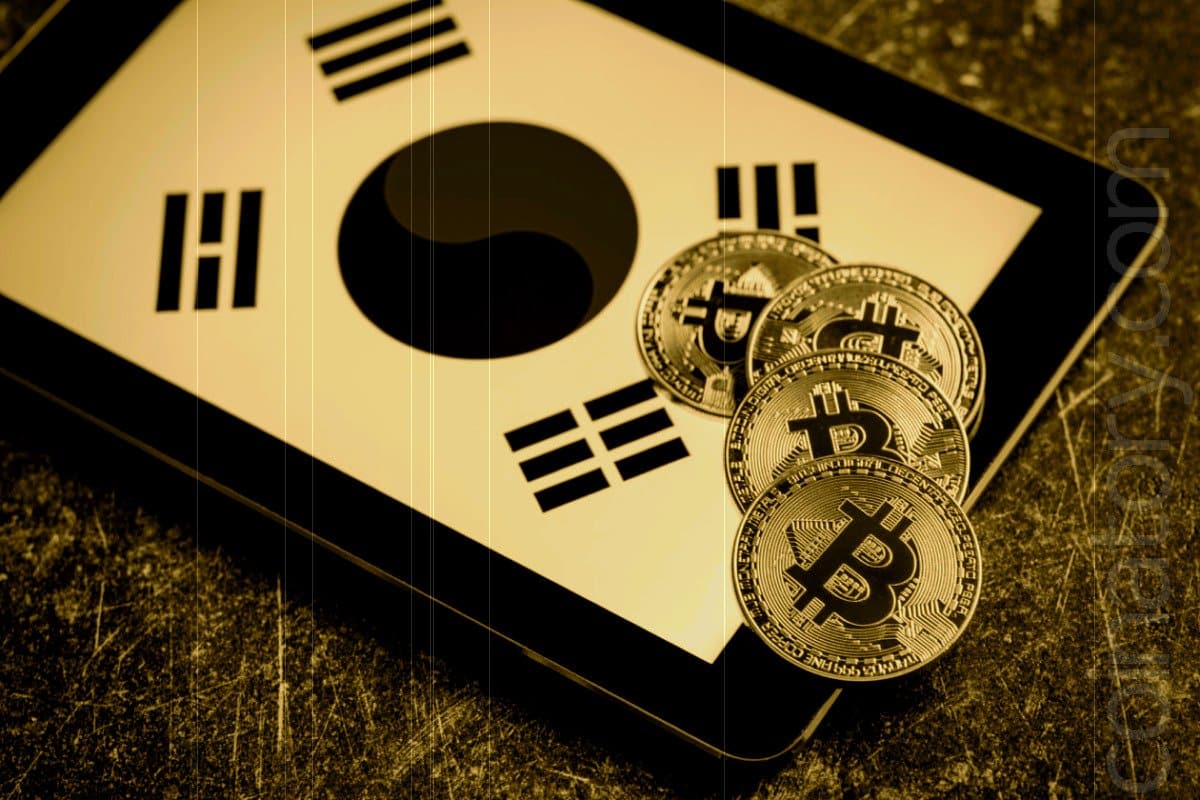
With the introduction of blockchain-secured digital IDs, South Korea is transforming its national identity system. With the help of this new project, the 1968-era ID system will be digitalized, giving its residents more security. Targeting citizens 17 years of age and up, the pilot program will begin in nine regions, including Sejong, Yeosu, and Geochang.
Even if digital IDs are becoming more popular worldwide, cybersecurity is still a major issue. The South Korean government intends to respond by utilizing blockchain technology and cutting-edge encryption. Details regarding the particular blockchain network are yet unknown, though. Prior government projects that made use of the local blockchain platform ICON were restricted to administrative duties like issuing documents.
In order to facilitate easy access to both public and private services, the government recently announced plans to provide digital residence cards to foreign nationals. The digital cards will be integrated with regional finance networks and have the same legal validity as physical ones. To switch to the digital system, residents whose physical cards were issued prior to January 2025 must attend immigration authorities.
Adoption of Digital IDs Worldwide
A increasing worldwide tendency is reflected in South Korea’s endeavor. Digital identity systems are being quickly adopted by nations including Nigeria, Afghanistan, and Qatar. A universal digital ID is a key component of Qatar’s “National Digital Authentication and Trust Services Strategy 2024-2026.” With the help of the World Bank, Nigeria hopes to have all of its residents using digital IDs by 2026, while Afghanistan has recruited over 15 million people in its e-Tazkiras program.
The former prime minister of Thailand supports the legalization of digital assets.
Thaksin Shinawatra, the former prime minister of Thailand, has advocated for the legalization of online gambling and digital assets. He made the case that easing regulations on these sectors may have a major positive economic impact, pointing out that billions of dollars already go to illegal gaming every year.
Additionally, Shinawatra urged the Thai Securities and Exchange Commission (SEC) to broaden existing regulations pertaining to digital assets, such as allowing stablecoin trading and digital asset spot exchange-traded funds (ETFs). Thailand’s leadership in digital banking is demonstrated by its sophisticated central bank digital currency (CBDC) efforts, such as its involvement in the mBridge pilot for regional cross-border payments.







